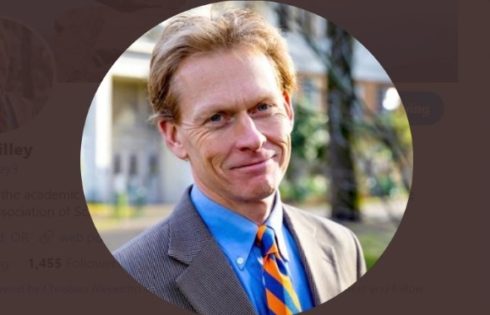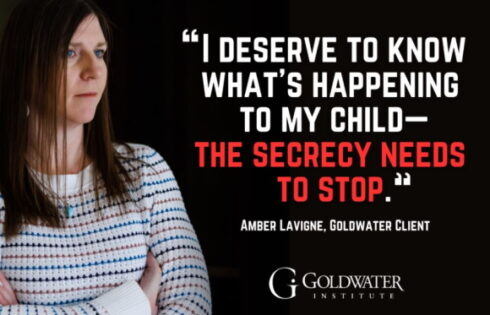If the University of Wisconsin-Madison can reform a process that previously punished people for saying something subjectively “biased,” there might be hope for the rest of higher ed (at least the public institutions).
The Foundation for Individual Rights in Education announced that it gave the university’s reformed “bias reporting process” its highest rating for speech-friendliness, a green light, upgraded from its previous yellow-light rating for being “too broad and restrict[ing] protected speech.”
Here’s how UW-Madison decides what is a “bias incident” now:
Definition of bias and hate: Single or multiple acts toward an individual, group, or their property that are so severe, pervasive, and objectively offensive that they create an unreasonably intimidating, hostile, or offensive work, learning, or program environment, and that one could reasonably conclude are based upon actual or perceived age, race, color, creed, religion, gender identity or expression, ethnicity, national origin, disability, veteran status, sexual orientation, political affiliation, marital status, spirituality, cultural, socio-economic status, or any combination of these or other related factors.
That’s actually pretty significant, according to FIRE’s Azhar Majeed, because it “closely tracks the Supreme Court’s controlling standard for student-on-student (or peer) hostile environment harassment in the educational setting”:
That standard comes from Davis v. Monroe County Board of Education, 526 U.S. 629, 651 (1999), where the Court held that peer harassment is unwelcome, discriminatory conduct that is “so severe, pervasive, and objectively offensive, and that so undermines and detracts from the victims’ educational experience, that the victim-students are effectively denied equal access to an institution’s resources and opportunities.”
The new policy also gives examples of what is “severe, pervasive, and objectively offensive” conduct, a departure from other campus speech codes, and includes a disclaimer that the definition “is used for reporting and statistical purpose[s] only”:
It carries no independent sanctioning weight or authority.
As Majeed notes, “the university would like to use the reporting process to make sure that administrators are aware of things taking place on campus and possible student issues that may develop into larger controversies” – not to swoop in to provide retribution on behalf of a supposed victim of bias.
Like The College Fix on Facebook / Follow us on Twitter
Like The College Fix on Facebook / Follow us on Twitter




Add to the Discussion